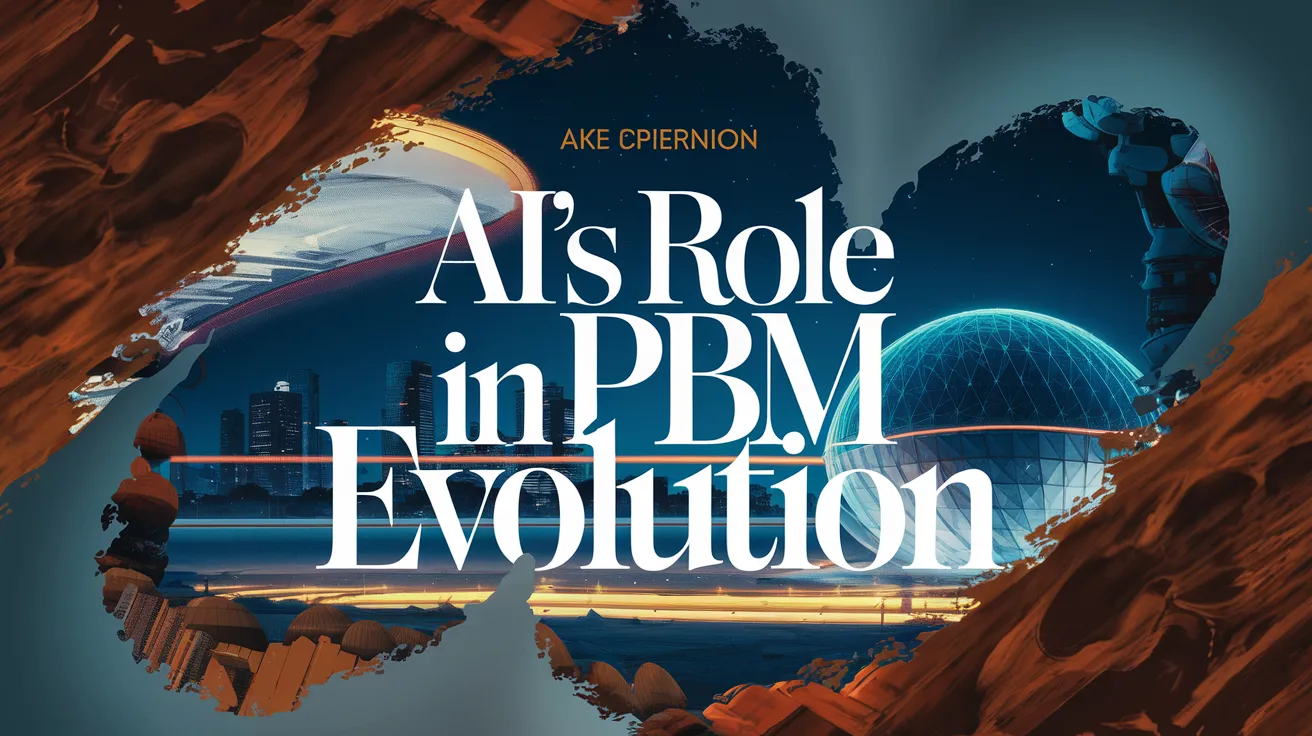AI’s Role in PBM Evolution

Artificial intelligence (AI) is transforming the landscape for healthcare stakeholders, particularly pharmacy benefit managers (PBMs) like Abarca. In a recent interview, Abarca’s Chief Information Officer, Serge Perras, highlighted the various facets of AI integration, discussing its applications, challenges, and future potential within the PBM sector.
Diverse Applications of AI at Abarca
Abarca is actively using different forms of AI to enhance its operations. Among the technologies employed, Natural Language Processing (NLP) plays a crucial role in interpreting unstructured clinical and policy documents. Perras noted that this application aids in making faster and more consistent benefit decisions. He emphasized that Abarca’s approach to AI focuses on curated use cases designed to simplify and improve system efficiency.
Enhancing Decision-Making with Machine Learning
Machine learning is another pivotal aspect of Abarca’s strategy, particularly through the Darwin RxTarget adherence program. This initiative enables pharmacists and payers to monitor member health in real-time, allowing for timely interventions based on predictive analytics. Perras pointed out that this capability can identify critical issues such as high-cost claim anomalies and abandoned therapies, ultimately improving patient outcomes.
Advancements in Intelligent Automation
Abarca’s transition from traditional robotic process automation to intelligent automation represents a significant evolution. With the infusion of machine learning and contextual awareness, intelligent automation empowers clinical and operational teams to concentrate more on the care journeys of members. This automation facilitates easier workflow and configuration management, thereby reducing time to market for new enhancements.
Exploring Agentic AI
Agentic AI refers to autonomous systems capable of making decisions independently. Abarca utilizes this technology to analyze both structured and unstructured data through APIs, seeking to optimize treatment options and cost assessments.
Challenges in Implementation
Despite its promising potential, implementing AI in the PBM landscape does not come without challenges. Perras emphasized the complexities of identifying the right use cases and establishing trust in AI systems. Given the cautious nature of the healthcare sector, AI must demonstrate clear explainability, auditability, and tangible real-world benefits.
Data fragmentation further complicates AI decision-making. Without a comprehensive view of clinical histories and behavioral patterns, AI’s ability to make informed decisions is hindered. To combat this, Abarca has invested in the integration of various data sources, allowing their AI systems to access a robust array of information.
Ethical Considerations and the Philosophy Behind AI
Perras also highlighted the importance of ethical oversight in AI applications within healthcare. He stressed the need for AI systems to be fair, bias-aware, and inclusive. Abarca’s philosophy revolves around using AI to augment human decision-making rather than replacing it, aiming to provide healthcare professionals with timely, relevant information.
AI’s Transformative Potential in Healthcare
The integration of AI stands to benefit healthcare organizations significantly, streamlining operations and improving patient engagement. PBMs employing AI technologies can minimize hurdles in benefits management and enhance communication with payers and providers. While the regulatory challenges presented by healthcare can complicate AI deployment, Perras believes that overall comfort with AI will continue to grow.
“Implementing AI in PBMs isn’t merely about following a trend,” Perras concluded. “It’s about committing to a smarter, faster, and more personalized healthcare approach. That’s the vision for Abarca as we embrace the Darwin new era.”